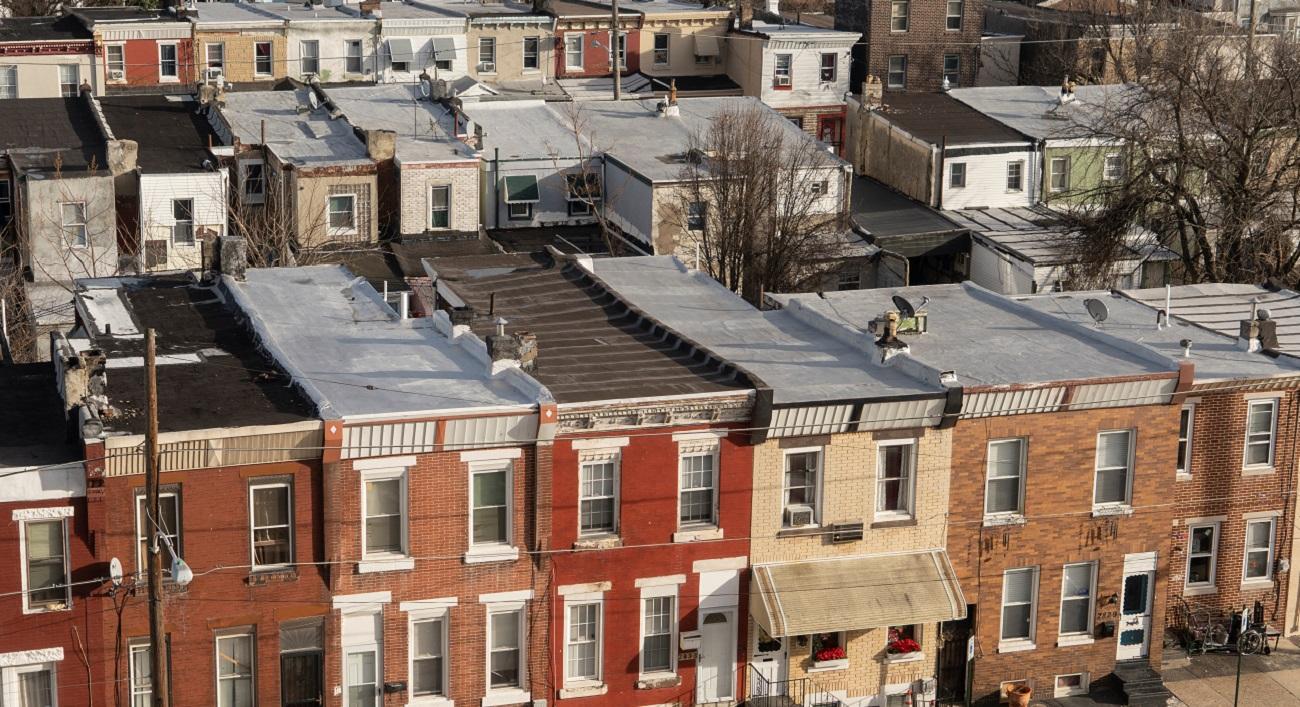While reverse mortgages have been available to homeowners since 1961, the loans have been off limits to housing co-operative (aka “co-op”) residents.1
Reverse mortgages allow older homeowners to borrow against their home equity, but there are strict requirements for both borrowers and properties.
Until now, homeowners in New York state could get reverse mortgages on one-, two-, three-, and four-unit homes or condominiums but not co-ops.2 However, in early 2022, the New York State Assembly passed a bill making co-ops eligible for reverse mortgages. The law goes into effect on May 30, 2022, and New York state residents will finally be able to get reverse mortgages on co-op apartments.34 Here’s how it works.
KEY TAKEAWAYS
- A reverse mortgage lets homeowners age 62 or older tap into their home equity without selling the house or making monthly payments.
- The loan isn’t due until the last borrower sells the home, permanently moves out, or dies.
- A co-operative is a type of residential housing owned by a corporation, where residents are voting shareholders of that corporation.
- Starting May 30, 2022, New York state residents can get private-label reverse mortgages on co-op apartments.
- The Federal Housing Administration (FHA) does not allow home equity conversion mortgages (HECMs) on co-ops.
What Is a Reverse Mortgage?
A reverse mortgage lets homeowners age 62 and older tap into their home equity without selling or making monthly payments. Instead, borrowers receive a lump sum, monthly payments, or a line of credit from their lender (or some combination of the last two).5
These loans can provide much-needed funds during retirement to pay for things such as basic living expenses, medical bills, and home repairs. Unlike traditional forward mortgages, no loan payments are due until the last borrower sells the home, moves out, or dies.6
If the holder of a reverse mortgage fails to live up to the obligations of the loan by falling behind on tax and/or insurance payments or not keeping up on maintenance, then foreclosure can be the result.7
Borrower Requirements for Co-op Reverse Mortgages
Under the new law, a reverse mortgage for a co-op is called a “reverse co-operative apartment unit loan.” You must be at least 62 years old (the same minimum age requirement for most reverse mortgages) to qualify for the loan. If your co-op unit is held by tenants by the entirety or by joint tenancy, the youngest person must be age 62 or older.8 Additionally, you must:
- Meet with an approved reverse mortgage counselor and complete a financial assessment to confirm that you’re financially qualified for the loan.
- Live in the property as your principal residence.
- Get approval from your co-operative’s board of directors.9
Borrowers must certify annually on each anniversary of the reverse loan that they reside in the co-op unit and that it is their principal residence.10
Reverse Mortgage Lenders Must Protect Borrowers
Starting May 30, 2022, New York state co-op residents age 62 or older can apply for a reverse mortgage. However, the new law puts the burden on reverse mortgage lenders to protect borrowers by requiring each lender to:
- Obtain a $100,000 surety bond to cover claims against the lender if it defaults on borrower obligations.
- Maintain a minimum capital of $10 million (the lender can rely on its parent company to meet the minimum capital requirements).
- Explain the reverse mortgage loan terms and how they comply with New York state law and U.S. Department of Housing and Urban Development (HUD) standards.11
Under the new law, lenders can’t use “government insured” or “public service announcement” in their promotional materials.12
The standards expressly require lenders offering reverse co-operative apartment unit loans to:
- Disclose the loan terms and payment schedule.
- Advise applicants to consult with the appropriate authorities regarding the loan’s tax and estate-planning consequences.
- Describe the loan’s prepayment and refinancing features.
- Notify the borrower of the loan’s interest rate and estimated total interest.
- Name the events that could cause the borrower to default on the loan.13
Additionally, a reverse co-operative unit loan is non-recourse, meaning that you can’t owe more than the value of the co-operative unit stock certificate when the loan becomes due.13
The new law allows private lenders offering reverse mortgages in New York state to provide products for co-op owners. Home equity conversion mortgages (HECMs), insured by the Federal Housing Administration (FHA) and offered by FHA-approved lenders, are still off limits to co-op owners.24
Reverse Mortgage Loan Payout Options
Once you sign the reverse mortgage loan agreement, you have a three-day right of rescission to cancel the loan without owing interest.13 After that, you have three main options for receiving your reverse mortgage money:
- Term Payment—The lender makes equal monthly payments to you for a fixed term of months that you choose.
- Tenure Payment—The lender makes equal monthly payments to you until the loan is paid out in full or becomes due and payable.
- Line of Credit—You borrow some money now and leave some credit available for the future until the credit line is exhausted.8
Reverse mortgages for co-ops are secured by shares or membership in the co-op that is the borrower’s principal residence.14
When is a housing co-operative (co-op) reverse mortgage due?
If you have a reverse mortgage on a housing co-operative (co-op), the entire loan balance becomes due if:
- The co-op is no longer the principal residence of at least one of the borrowers on the loan.
- You move out due to a physical or mental illness for at least 12 consecutive months, and the co-op is not the principal residence of at least one other borrower.
- You fail to meet one (or more) of the loan’s obligations, such as paying the monthly maintenance fees, mortgage insurance payments, or special assessment fees.15
Can reverse mortgages have co-borrowers?
Reverse mortgages can have co-borrowers on the loan agreement. Any co-borrower on a reverse mortgage continues receiving the benefits of the loan and can remain in the home as long as they fulfill the loan obligations.16
Can I get a home equity conversion mortgage (HECM) on a co-op?
Co-ops are not eligible for reverse mortgages, because the U.S. Department of Housing and Urban Development (HUD) only insures reverse mortgages (either a home equity conversion mortgage [HECM] or an HECM for Purchase) secured by real property. The federal law hasn’t changed, so only private lenders offer reverse mortgages on co-ops.24
The Bottom Line
Reverse mortgages can provide supplemental income during retirement, which can be especially important if you’re on a fixed income. However, reverse mortgages involve several fees, including origination fees, mortgage insurance, closing costs, interest, and servicing fees. Be sure to shop around and compare the costs of the loans available to you before making any decisions.





